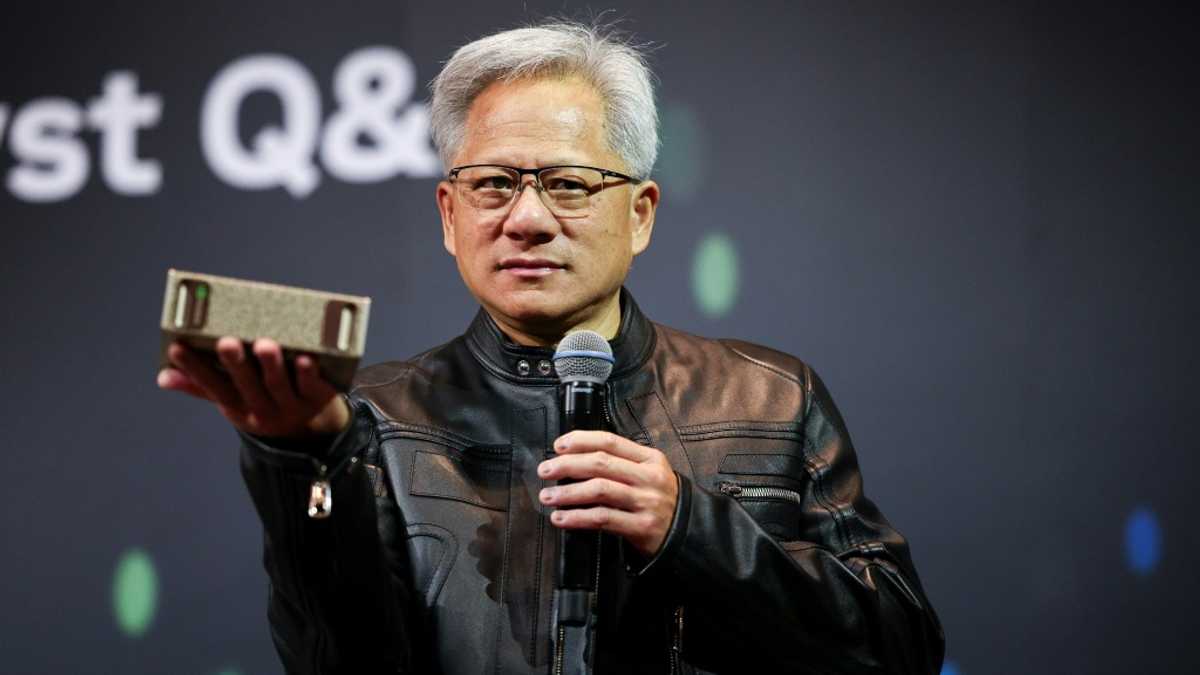Nvidia Reopens Sales of H20 AI Chips to China
Nvidia, a leading American technology company, has announced its intention to resume the sale of its H20 artificial intelligence chips to China. This decision follows a significant shift in U.S. policy, as Washington has pledged to lift restrictions on licensing that previously halted the export of these advanced semiconductors.
The H20 chip was specifically designed for the Chinese market, offering a less powerful alternative to Nvidia’s more sophisticated AI processing units. However, the Trump administration tightened export regulations in April, which effectively blocked the export of these chips. Now, with the removal of these curbs, Nvidia is preparing to restart its sales operations in China.
In a recent statement, Nvidia confirmed that it is “filing applications to sell the Nvidia H20 GPU again.” The company expressed optimism that the U.S. government will approve the necessary licenses, with plans to begin deliveries shortly.
Nvidia CEO Jensen Huang shared this positive news during a video released by the Chinese state broadcaster CCTV. In the video, Huang stated, “The US government has approved for us (to file) licenses to start shipping H20s, and so we will start to sell H20s to the Chinese market.” Wearing his signature black leather jacket, he added, “I’m looking forward to shipping H20s very soon, and so I’m very happy with that very, very good news.”
Huang is set to attend a major supply chain event in China, according to CCTV. He will be present at the opening ceremony of the 3rd China International Supply Chain Expo on July 16 and will participate in related activities. This information was cited from the China Council for the Promotion of International Trade, an official body under Beijing’s commerce ministry.
This marks Huang’s third visit to China this year, highlighting the growing importance of the Chinese market for Nvidia. As one of the largest semiconductor producers globally, Nvidia has faced challenges in maintaining its competitive edge due to U.S. export restrictions. These restrictions have also impacted its ability to compete against domestic Chinese companies like Huawei.
China has consistently criticized the U.S. for imposing these curbs, arguing that they are unfair and aimed at stifling its technological development. During a visit to Beijing in April, Huang met with Chinese Vice Premier He Lifeng and expressed his confidence in the potential of the Chinese economy. According to state news agency Xinhua, Huang stated he was “willing to continue to plough deeply into the Chinese market and play a positive role in promoting US-China trade cooperation.”
The tightening of U.S. export controls has coincided with economic challenges in China, including reduced consumer spending and a prolonged crisis in the property sector. President Xi Jinping has emphasized the need for greater self-reliance as external uncertainties grow.
In May, the Financial Times reported that Nvidia was considering the establishment of a research and development center in Shanghai. Although neither Nvidia nor local authorities confirmed the project to AFP at the time, the move would further solidify the company’s presence in the region.
Recent data shows that China’s economy grew by 5.2 percent in the second quarter of the year, despite ongoing trade tensions and other challenges. This growth highlights the resilience of the Chinese market and underscores the significance of continued collaboration between U.S. and Chinese businesses.






